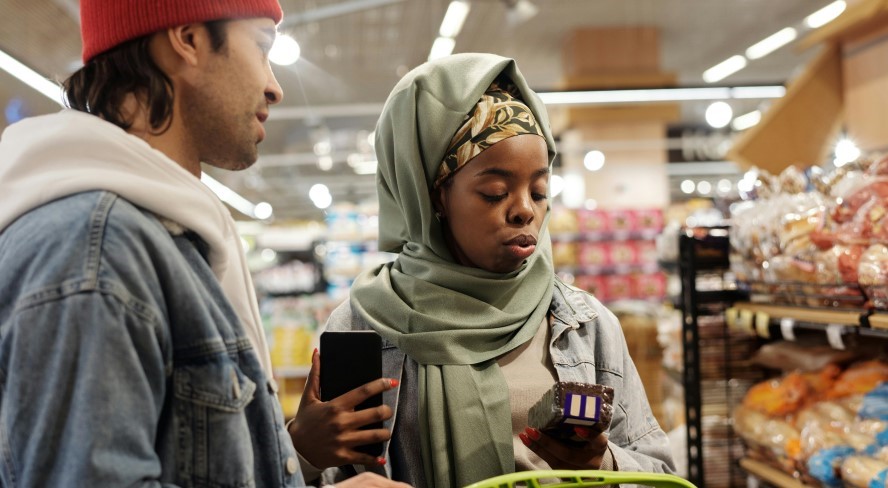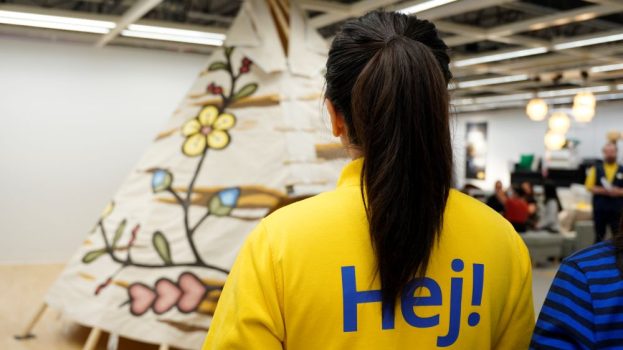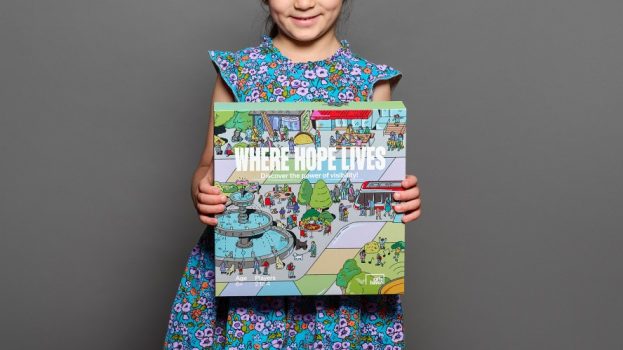
Research commissioned by multicultural agency AV Communications (AVC) and Ipsos reveals that 84% of respondents say their Canadian identity coexists alongside their cultural identity, while 86% of Gen Z actively engage with international content, reflecting changing attitudes and demographics in Canada.
The survey includes responses from 1,795 Canadian ages 18+, with quotas on age, gender and region, Canadian-born versus those who immigrated, as well as generational status in Canada. The survey reveals that 77% of Canadians view cultural diversity as core to national identity, with distinct patterns of cultural engagement emerging.
The research also shows that second-generation Canadians have the highest rates of cross-cultural relationships (46%), and that 51% of first-generation Canadians and 35% of Gen-Z maintain multilingual households, signaling ease in navigating disparate worldviews through linguistic and cultural norms.
“Instead of studying ethnic groups in isolation, we’ve uncovered the complex web of cultural connections that span generations,” says Grace Tong, vice president of Ipsos Canada. “The data reveals that viewing multicultural consumers as a niche market fundamentally misses how cultural diversity has become embedded in the mainstream Canadian experience.”
According to Joycelyn David, CEO of AV Communications, today’s multicultural Canada is about so much more than ethnicity or “newcomer” narratives, but rather is about a population that is comfortable moving between layers of cultural norms and identities while remaining steadfastly Canadian. “Success in today’s market requires navigating these layered perspectives and fostering a multicultural mindset,” David notes.
Fifty-four per cent of Gen Z and 67% of first-generation Canadians are predominantly not white, compared to 78% of boomers and 83% of third generation Canadians.























